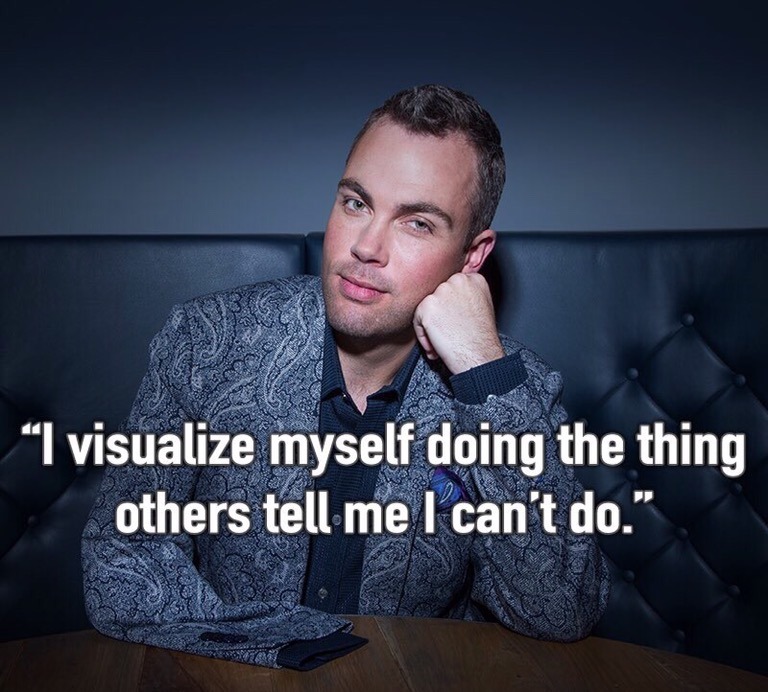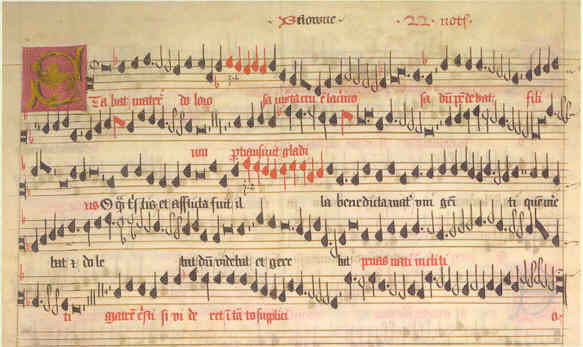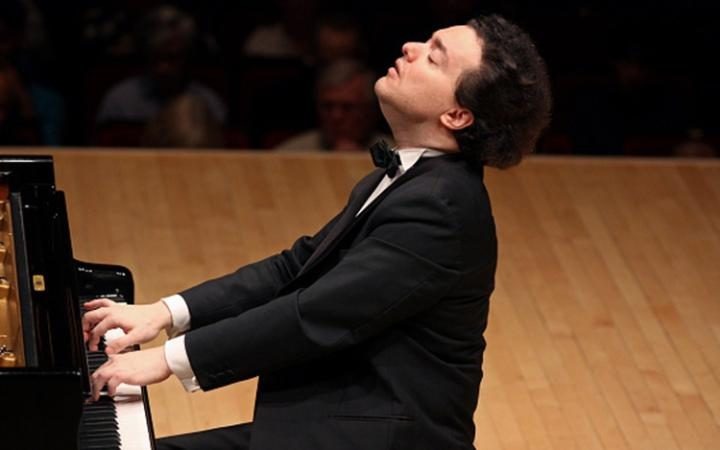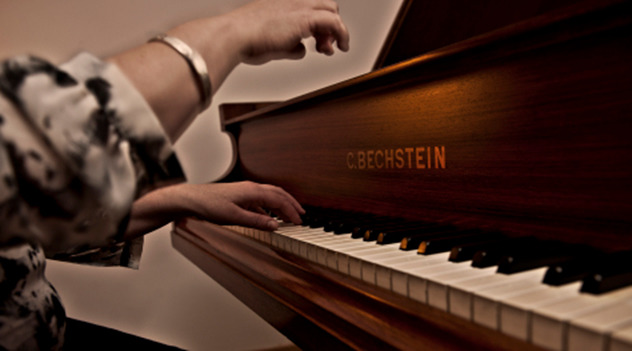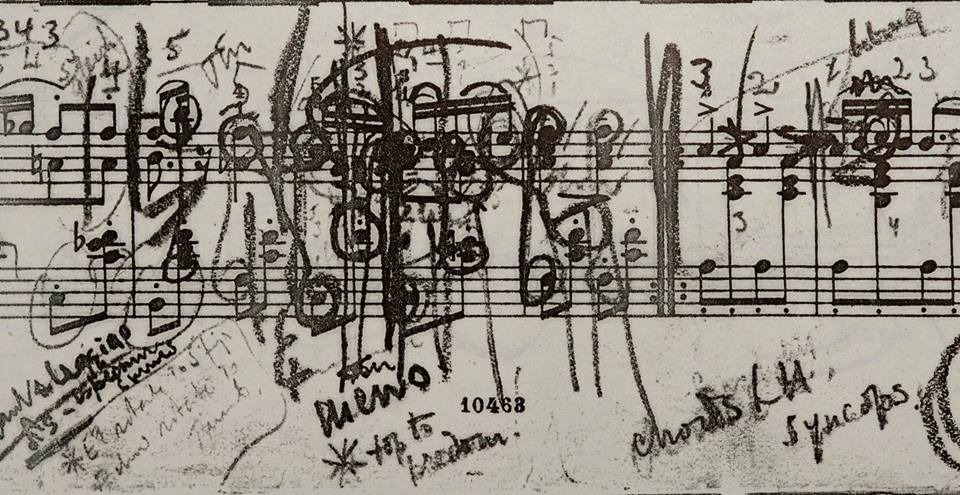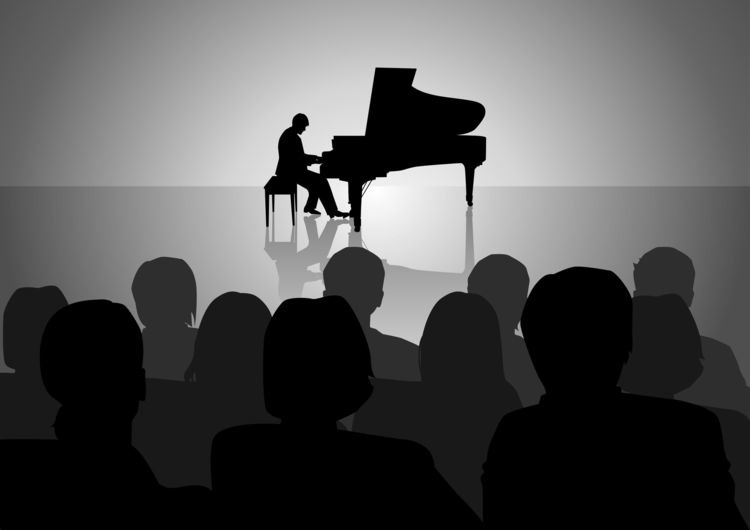What is Visualisation? Visualisation techniques have been used by sports people and sports psychologists for some time now to enable the tennis player or athlete, the golfer or cyclist to prepare for a match-winning shot or prize-winning sprint. The technique
Opinion
Pange lingua (Alice Halstead, soprano; Clare College Choir, Cambridge; Graham Ross, cond.) A recent article in The Guardian which asserts that musical notation (i.e. the dots, lines, squiggles and marks on a written or printed page) is “a cryptic, tricky
I fell in love with the city of Vienna during my first visit in 2015, and that affection was sealed on my second visit in Spring 2016. At the risk of sounding bossy, if you are a musician you have
The concert is complete, the applause is given generously. The performer bows, acknowledging the audience and their applause, and leaves the stage. The applause grows more enthusiastic and the performer returns once again to take a bow and thank the
Sometimes, and more frequently that you might imagine, my husband’s world (mountain-biking) and mine (music) intersect, with interesting results. At first sight, our respective passions could not be more different: he likes to hurl himself and his bike down the
I never thought I’d write an article on “note bashing”. In general it’s not something I advocate – mindless repetitive practise, thoughtlessly hammering away at the same phrase or group of notes. However, during my work on one of Schubert’s
As musicians our musical scores are very personal to us, and the markings and annotations we make on our scores can be deeply associated with memories – of significant teachers, special concerts and venues, colleagues and friends, and may even
“The loneliness doesn’t worry me……I spend most of my life alone, even backstage…….I’m there completely alone. I like the time alone….” British pianist Stephen Hough, speaking on BBC Radio 4’s Desert Island Discs programme

